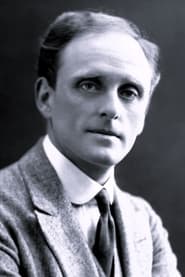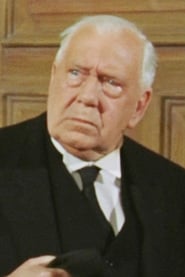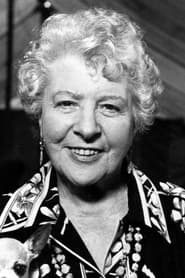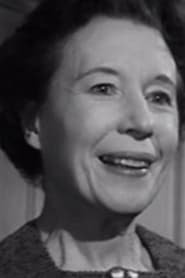Cast
View AllTerry Randall
as Aileen Meredith
Don Stannard
as Roger Meredith
Harry Welchman
as Mr. Collins
Ann Codrington
as Mrs. Collins
George Merritt
as Cecil Joy
Irene Handl
as Mrs. Gammon
Ellis Irving
as Henry Browning
Nicolette Roeg
as Flora Fenton
Anthony Pendrell
as Dick Fenton
Leslie Perrins
as Chigwell
John Henry Allen
as Estate Agent
Grace Arnold
as Nurse
Davina Whitehouse
as Telephonist
Melville Crawford
as Bullen
Arthur Denton
as Commissionaire
Crew
Director
- Geoffrey Faithfull
Writer
- David Evans
Reviews
CinemaSerf
I suppose this scenario must have played out in quite a few households across the country after the end of WWII. “Roger” (Don Stannard) returns home to his loving wife “Aileen” (Terry Randall) and pretty much instantly struggles to settle down into his new, rather pedestrian, existence. They have very little money and he sees his wife (innocently) associating with friends like “Henry” (Ellis Irving) who can give her so much more than he can. It’s this frustration that leads him to abscond - but a chance meeting with his supposed foe might just help him get his priorities straight. It’s a very gently paced, rather contrived, story this with far too much dialogue: if she called him ‘darling’ one more time… and frankly it really struggles to sustain ninety-odd minutes. Indeed the last fifteen of those is set at a concert and luckily the fine dulcets of a Welsh choir and soloist John McHugh keep our attention while the melodrama reaches it’s all-too predicable conclusion. It was made immediately after the end of the war, when sentiment would have been very deep and perhaps that gave it an added resonance at the time. Now, though, it’s all rather weak and unremarkably performed by two stars who don’t really shine.
Nov 1, 2023
Thematic Analysis
I'll Turn to You represents a fascinating example of Music cinema, offering viewers a unique perspective on the human experience and societal structures. The film's approach to its themes demonstrates a creative vision that distinguishes it within its genre.
Director Geoffrey Faithfull brings their distinctive visual style to this film, continuing their exploration of themes seen in their previous works while adding new elements. Their approach to pacing and visual storytelling creates a viewing experience that rewards close attention.
Released in 1946, the film exists within a cultural context that now offers viewers historical perspective on the social issues of that era. Its reception demonstrates the diverse reactions to its artistic choices and its place in cinema history.
Did You Know?
- The production of I'll Turn to You took approximately 18 months from pre-production to final cut.
- The final cut of the film runs for 97 minutes, though the director's initial assembly was reportedly 125 minutes long.
- The costume department created over 451 unique costume pieces for the production.
- The cast underwent specialized training for 5 weeks before filming began.
- The screenplay went through 6 major revisions before the final shooting script was approved.
Historical Context
- In 1946, when this film was released:
- The Cold War was intensifying, influencing global politics and culture.
- Television was becoming a dominant form of home entertainment.
- The film industry was dominated by major studios, with independent cinema still in its early development.
How This Film Stands Out
While I'll Turn to You shares thematic elements with other films in its genre, it distinguishes itself through its unique approach to storytelling, visual style, and character development.
Unlike Moulin Rouge!, which takes a more conventional approach to its subject matter, I'll Turn to You subverts genre expectations by exploring its themes with greater nuance.
While films like Meet the Feebles and Cuban Pete explore similar territory, I'll Turn to You stands apart through its deeper exploration of its central themes and more complex characterization.
This film's unique contribution to cinema lies in its bold artistic choices and willingness to challenge viewer expectations, making it a valuable addition to its genre.
Details
- Release Date: June 17, 1946
- Runtime: 1h 37m








